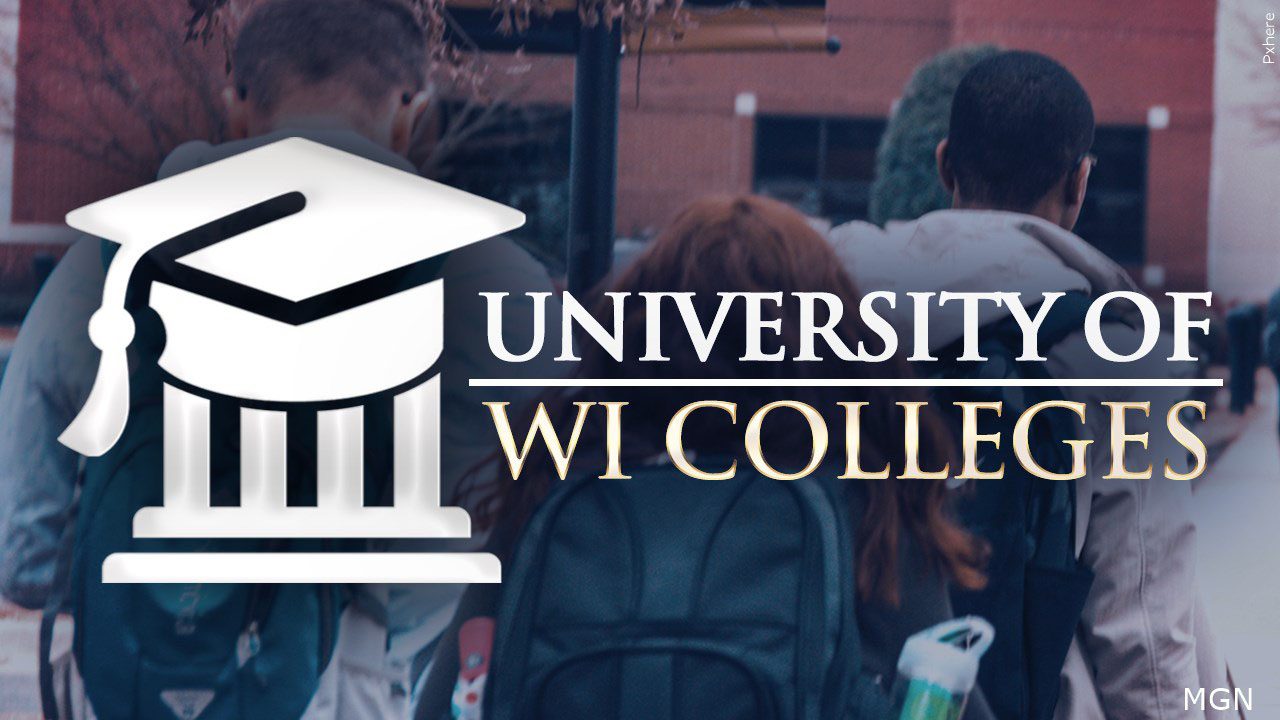Wisconsin Assembly pass Republican bill banning race, diversity factors in financial aid for UW

(Pxjere)
MADISON, Wis. (AP) — The Republican-controlled Wisconsin Assembly passed a bill Tuesday that would ban Universities of Wisconsin officials from considering race and diversity when awarding state-funded financial aid.
Democratic Gov. Tony Evers is expected to veto the measure. He’s also expected to veto another bill the Assembly passed Tuesday that would withhold state grants from schools that repeatedly violate free speech rights on campus and make them subject to fines of up to $100,000.
GOP lawmakers have long accused colleges of suppressing conservative viewpoints.
“We need to recognize there is a problem,” said the bill’s sponsor, Republican Rep. Jerry O’Connor.
UW lobbyist Jeff Buhrandt testified against the measure last month, saying many of the requirements are already in practice and putting them into law would remove flexibility to ensure free speech is protected. He also said the penalties could reduce financial aid given to students, penalizing them for actions beyond their control.
Democratic Rep. Katrina Shankland called the bill a “fake solution” that was overly punitive.
The Assembly passed it on a nearly party-line vote, with all Democrats and one Republican against and all other Republicans in support.
The proposal barring the consideration of race and diversity when awarding financial aid would apply to all public higher education institutions in the state. It comes months after the U.S. Supreme Court ruled that universities cannot consider race in the admissions process. That decision did not reference or apply to financial aid, but some lawmakers have still used it to justify scaling back race-based financial aid.
Republicans in at least a dozen states have introduced legislation this year targeting diversity, equity and inclusion programs in higher education. In Wisconsin, GOP lawmakers slashed the university system’s budget by $32 million in June and have withheld pay raises for UW employees until school officials agree to cut spending on so-called DEI efforts by that amount.
Under the bill, recruitment and retention efforts by UW and the state’s technical colleges would be limited to people who are financially disadvantaged. Also, the state’s public higher education systems and the Higher Educational Aids Board, which distributes a variety of grants and loans, could only consider financial need when making awards. Considering ethnicity, national origin, gender, sexual orientation or religion would not be allowed.
Wisconsin Institute for Law & Liberty, a conservative law firm, was the only group registered in support of the bill.
Democratic Rep. Sheila Stubbs of Madison, who is Black, said during debate that the bill would “close the gate of higher education” for minority students. Democratic Rep. LaKeshia Myers of Milwaukee, who is also Black, accused Republicans of trying to manufacture an issue.
“This is about access, equity and opportunity, and no, equity is not a dirty word,” Myers said.
Republican Rep. David Murphy of Greenville countered that no one should get an advantage due to skin color. He added that society should be color blind.
The Assembly passed it 62-35
The Assembly on Tuesday passed a bill that would guarantee admission to UW-Madison for any high school graduate ranked in the top 5% of their class. Anyone ranked in the top 10% would be guaranteed admission to any UW system school, except the flagship campus in Madison.
Republican backers said the bill was a way to ensure the best and brightest students get admitted to UW. But Democratic critics said the measure was flawed, including in how it would measure the high school students to rank them.
The Assembly passed it on a party-line vote, with all Republicans in support and Democrats against.
UW-Madison is against the bill, saying in submitted testimony that the proposal is “unworkable” and “does not serve our state or our shared goals.”
All three of the bills would have to pass the Senate before going to Evers for his likely vetoes.
————————–
All contents © copyright 2023 Associated Press. All rights reserved